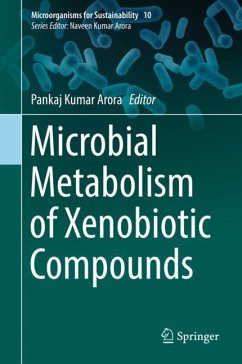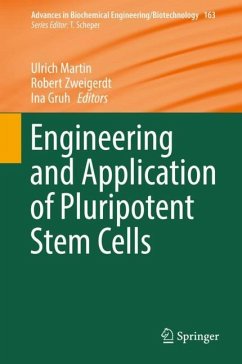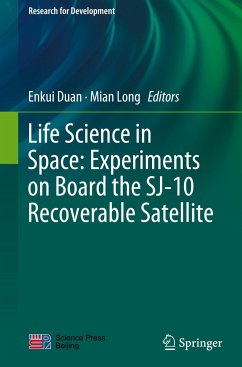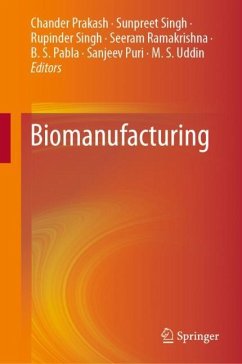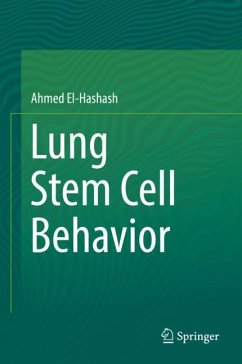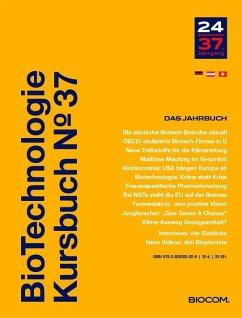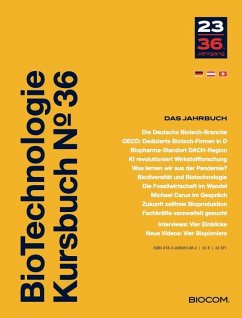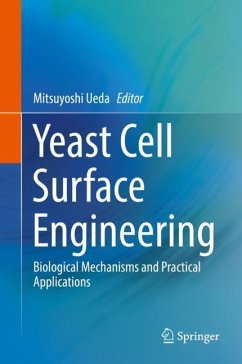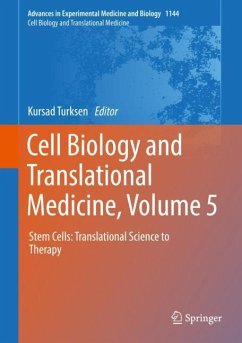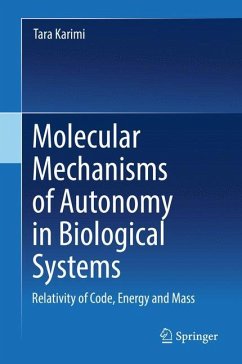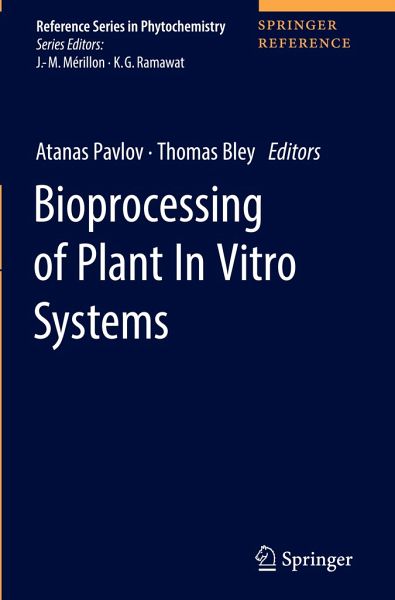
Bioprocessing of Plant In Vitro Systems
Versandkostenfrei!
Versandfertig in 1-2 Wochen
421,99 €
inkl. MwSt.

PAYBACK Punkte
211 °P sammeln!
This handbook presents how plant in vitro technologies can overcome current limitations in the production of important plant-derived substances. It explains the advantages of plant in vitro technologies, notably the independence from climatic and soil conditions and the ability to synthesize diverse bioactive substances under controlled conditions. Apart from making diverse metabolites, which can be used e.g. as pharmaceuticals, agrochemicals, flavors, colors, biopesticides or food additives, more easily and more efficiently available, the methods described in this handbook also offer the adva...
This handbook presents how plant in vitro technologies can overcome current limitations in the production of important plant-derived substances. It explains the advantages of plant in vitro technologies, notably the independence from climatic and soil conditions and the ability to synthesize diverse bioactive substances under controlled conditions. Apart from making diverse metabolites, which can be used e.g. as pharmaceuticals, agrochemicals, flavors, colors, biopesticides or food additives, more easily and more efficiently available, the methods described in this handbook also offer the advantage that rare and threatened plants, which provide access to interesting and desired substances, can be better protected, when the substances are harvested from suitable plant in vitro systems. In times of increasing demand for natural plant-derived products, the described methodologies will be key to ensuring efficient and sustainable access to plant-derived products. They will also help and support in the research and investigation of plant secondary metabolites.
Despite these advantages, still only few substances are being produced at industrial scale by in vitro plant cell cultivation systems to date. This handbook therefore advertises the recent achievements and research in the field, focused on solving limitations in yield and bioprocessing conditions. Leading experts summarize the methodology, which can help overcome drawbacks like low yields of target products or problems associated with the cultivation in bioreactors. Readers will find comprehensive information on fundamentals for using different types of plants in vitro as matrix for sustainable production of valuable secondary metabolites. The handbook summarizes the core information on phytochemistry, bioreactor technology and monitoring of plant cells and tissues in bioprocesses. It also discusses selected applications and safety assessment of food and cosmetic ingredients from plantcell and tissue.
Despite these advantages, still only few substances are being produced at industrial scale by in vitro plant cell cultivation systems to date. This handbook therefore advertises the recent achievements and research in the field, focused on solving limitations in yield and bioprocessing conditions. Leading experts summarize the methodology, which can help overcome drawbacks like low yields of target products or problems associated with the cultivation in bioreactors. Readers will find comprehensive information on fundamentals for using different types of plants in vitro as matrix for sustainable production of valuable secondary metabolites. The handbook summarizes the core information on phytochemistry, bioreactor technology and monitoring of plant cells and tissues in bioprocesses. It also discusses selected applications and safety assessment of food and cosmetic ingredients from plantcell and tissue.



